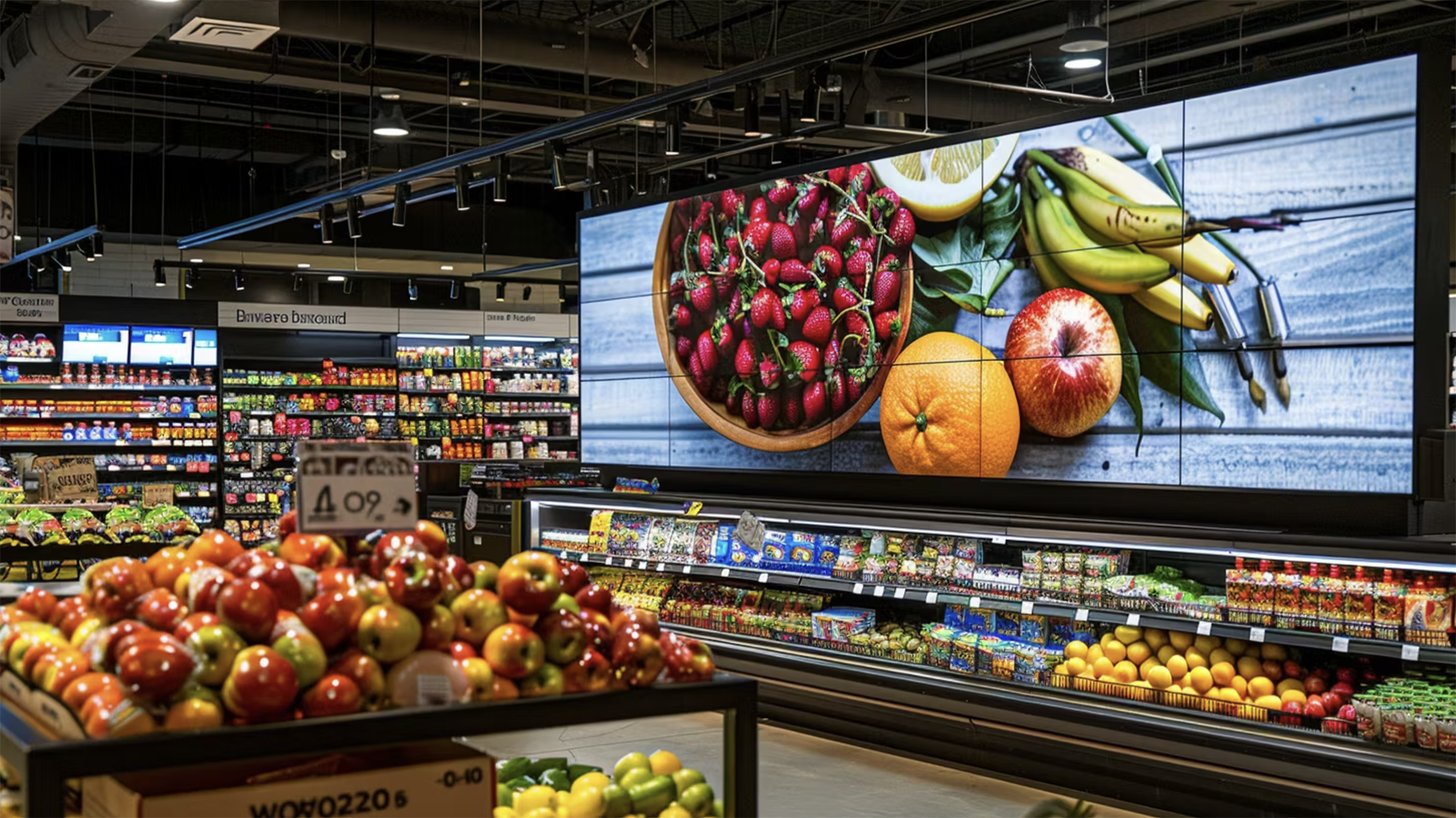The Transformative Power of AI in Personalizing the Grocery Shopping Experience

At a Glance
- Introduction
- Personalizing the Shopping Experience
- Benefits for Grocers
- Future Trends
Introduction
In the rapidly evolving landscape of grocery e-commerce, AI is emerging as a key differentiator, revolutionizing the way consumers interact with food retailers. As we delve into 2024, the importance of leveraging domain-specific AI models and datasets cannot be overstated. These specialized tools are crucial in avoiding the pitfalls of generalist AI, ensuring a nuanced and personalized shopping experience that truly understands the complexities of human food preferences.
Personalizing the Shopping Experience
Food is deeply personal. It’s not just about sustenance; it’s about culture, identity, health, and even emotion. Generalist AI models often struggle with these subtleties, leading to issues like hallucinations and inaccurate recommendations. I asked GPT 4 for a recommended recipe based on my tastes and dietary restrictions, and it suggested a beef & banana soup with a vegan brownie batter garnish… yuck. But this is where domain-specific AI shines. By focusing on the unique aspects of the grocery sector, these models can provide insights and recommendations that resonate on a personal level with each shopper. At Wynshop, we’ve seen firsthand the impact of domain-specific AI through Halla’s purpose-built, highly verticalized grocery knowledge base and modeling techniques. Unlike generalist models, our AI understands food the way humans do—considering factors like taste, texture, allergens, and households. For instance, when a customer searches for a banana, our AI doesn’t just recognize it as a fruit. It understands its uses in recipes, its nutritional value, and its typical pairing with other products, all tailored to the individual’s unique preferences.
Benefits for Grocers
The foundation of effective AI personalization lies in rich, contextual data. This requires leveraging billions of behavioral and product data points across the food retail landscape. This vast dataset allows AI to make highly accurate, real-time predictions about what an individual shopper might want to buy next. The result? An e-commerce experience that feels intuitive and bespoke, driving higher customer satisfaction and increased sales. For grocery retailers, the benefits of domain-specific AI are manifold. Real-time, personalized recommendations can significantly enhance the shopping experience, reducing friction and increasing loyalty. Moreover, by understanding individual preferences at a granular level, retailers can optimize their inventory, marketing strategies, and overall operations. According to a recent report by McKinsey, AI-driven personalization can lead to a 10-30% increase in revenue for grocery retailers who effectively implement these technologies. Meanwhile, according to Grocery Doppio’s March 2024 report, only 11% of grocers are personalizing half or more of their online shopping journey.
Future Trends
As we move into the second half of 2024, the role of AI in grocery e-commerce will only grow. Retailers who invest in domain-specific AI solutions will be well-positioned to meet the evolving demands of consumers, offering a shopping experience that is not only convenient but also deeply personalized. By embracing the power of specialized AI, we can transform the grocery landscape, making it more responsive and attuned to the diverse needs of every shopper. The future of grocery shopping lies in the nuanced understanding of human preferences facilitated by specialized AI technologies. By harnessing the power of tailored models and rich datasets, we can create an e-commerce environment that is as dynamic and diverse as the shoppers it serves.


.png)





.png)


